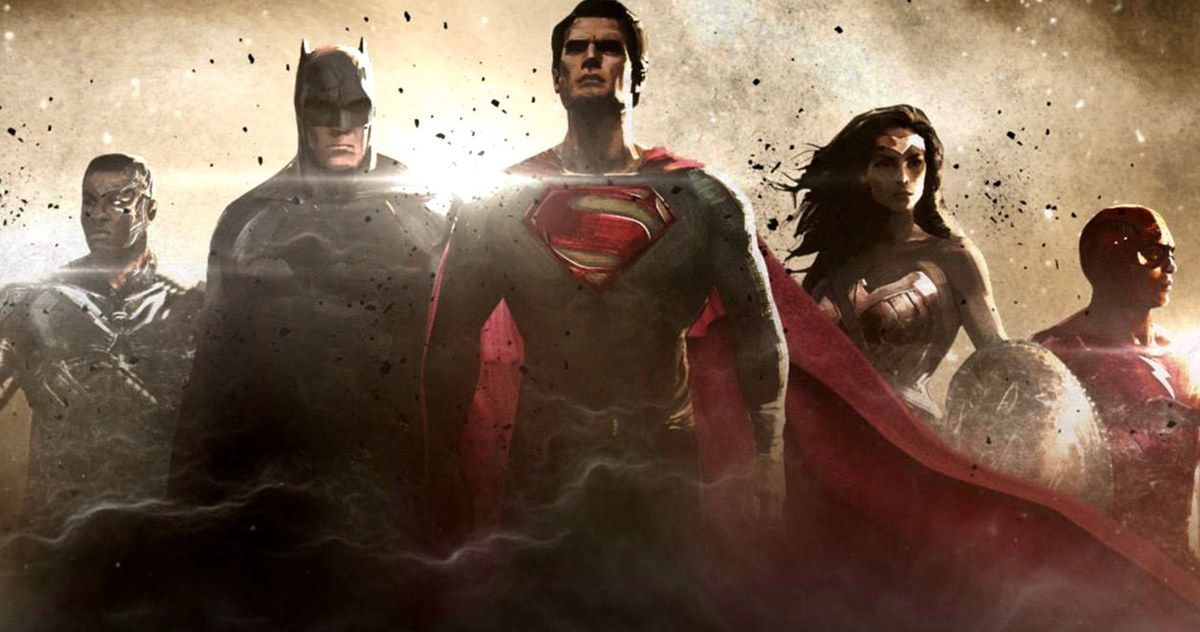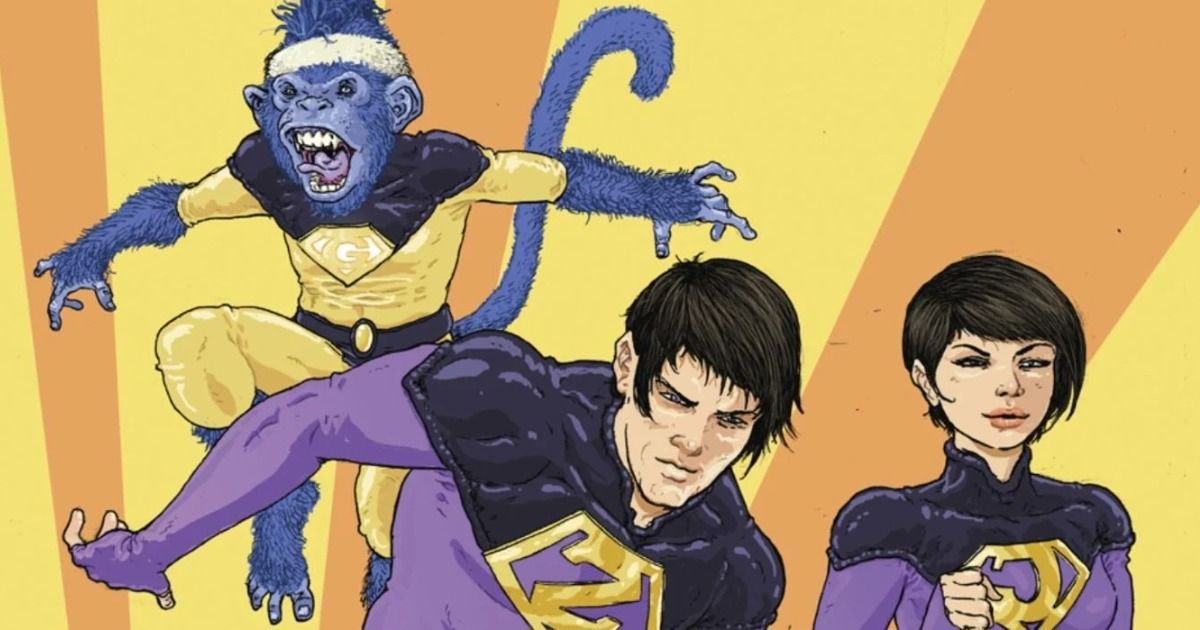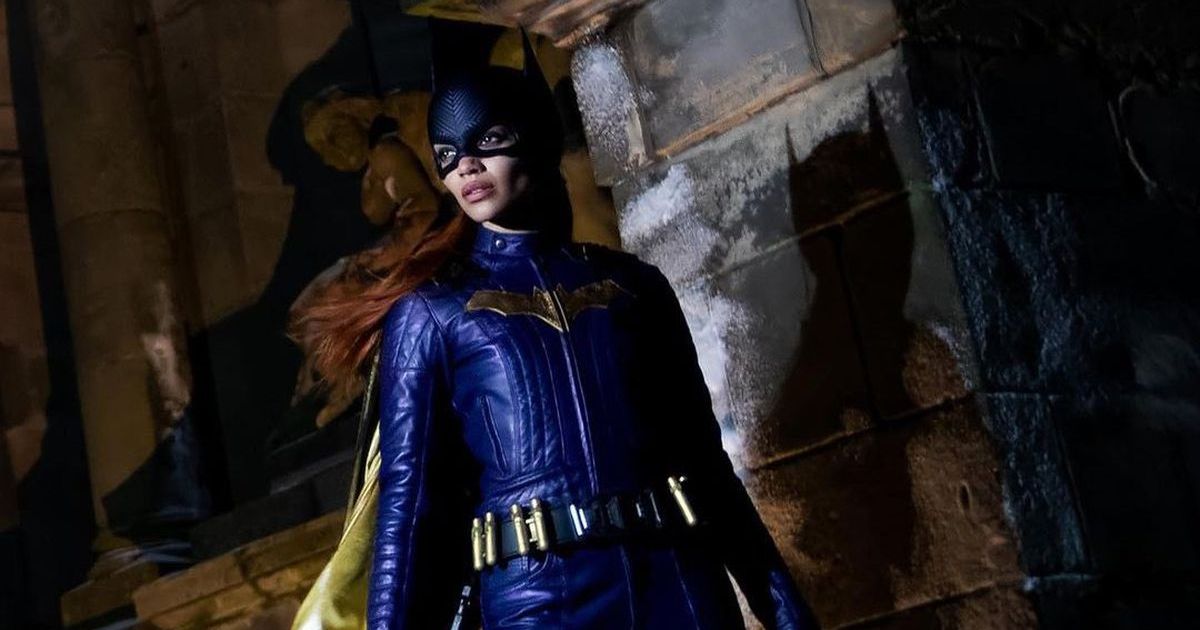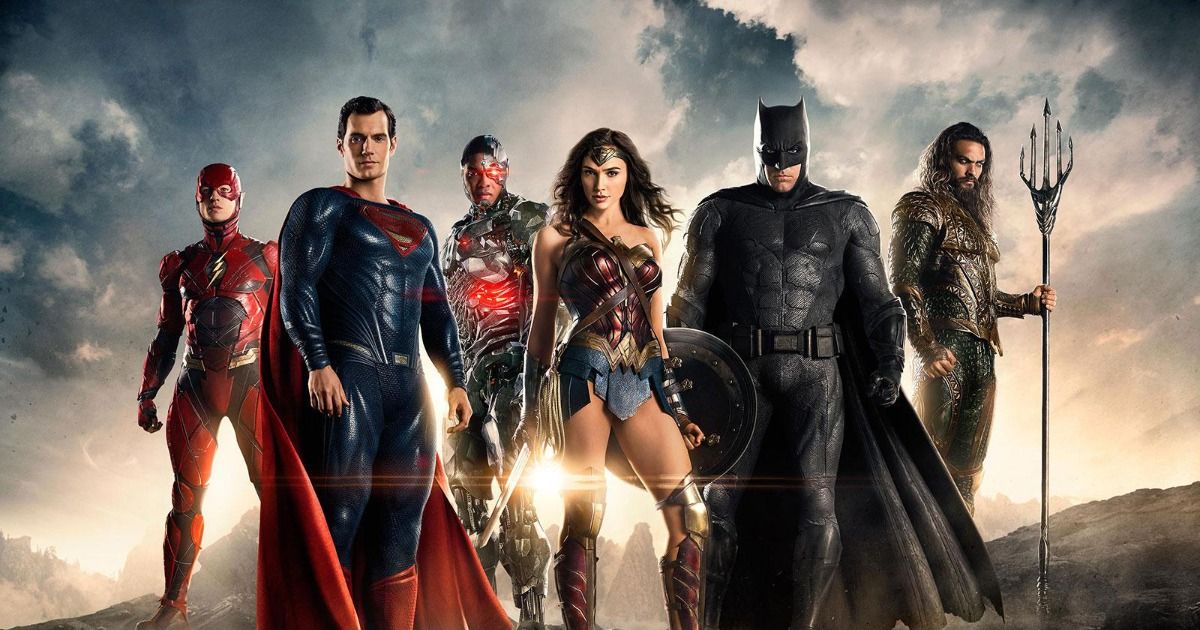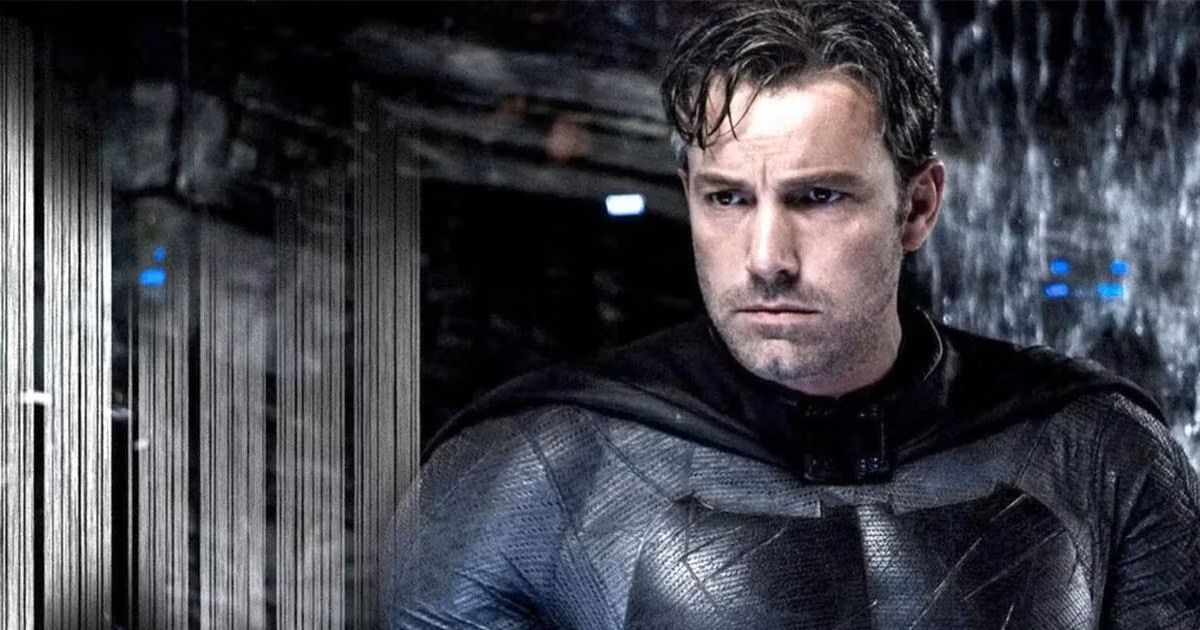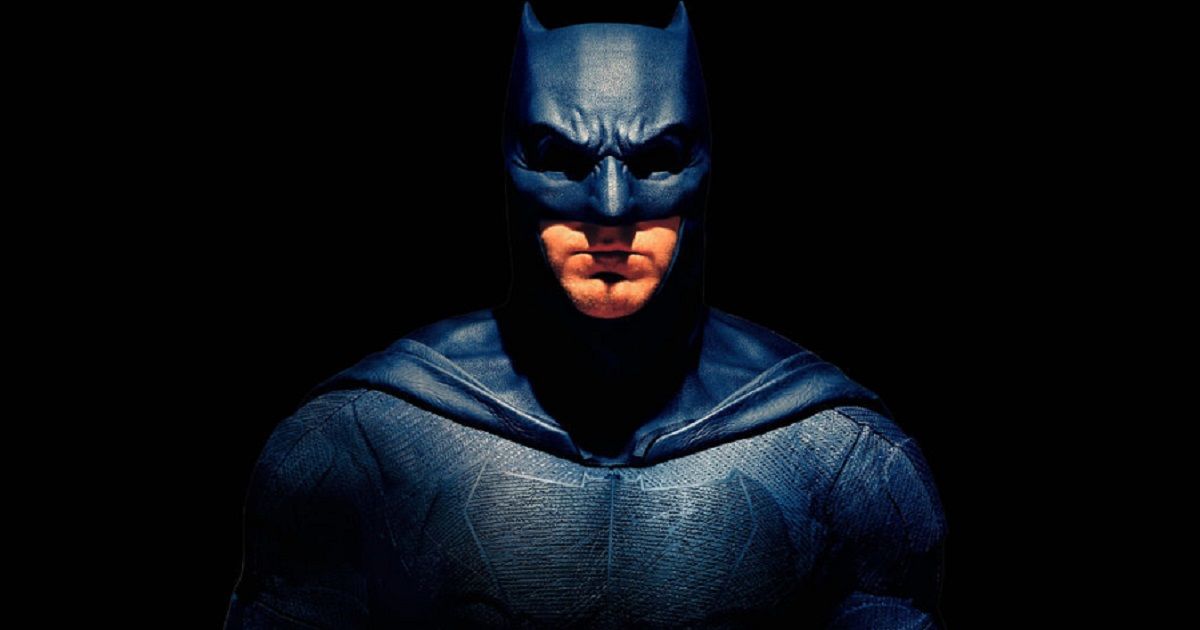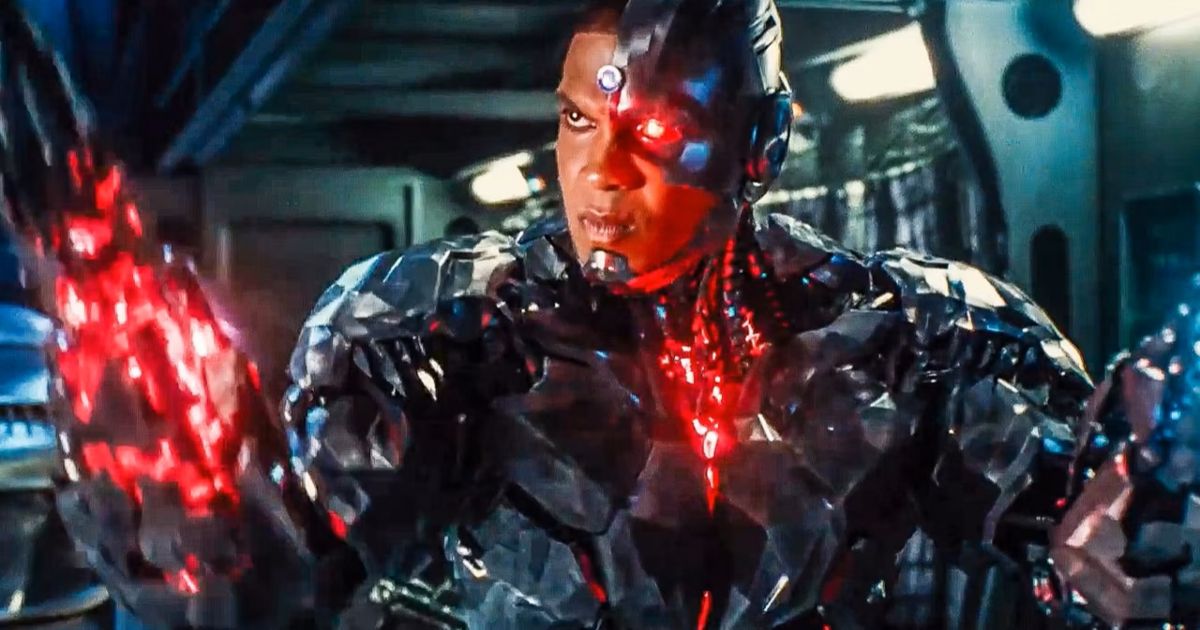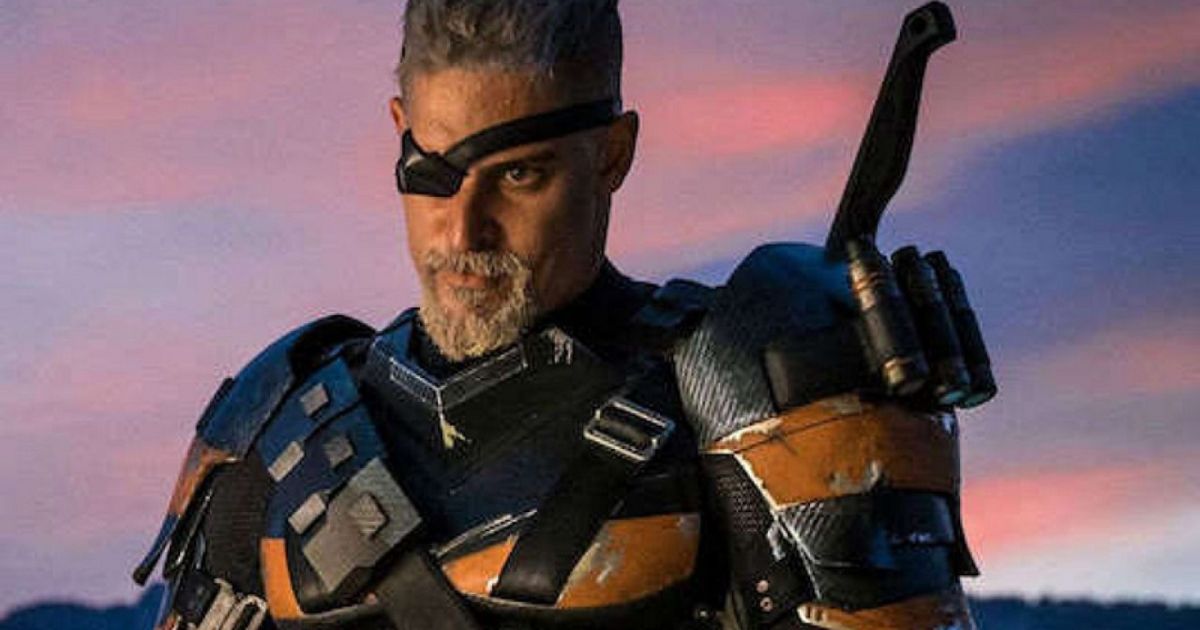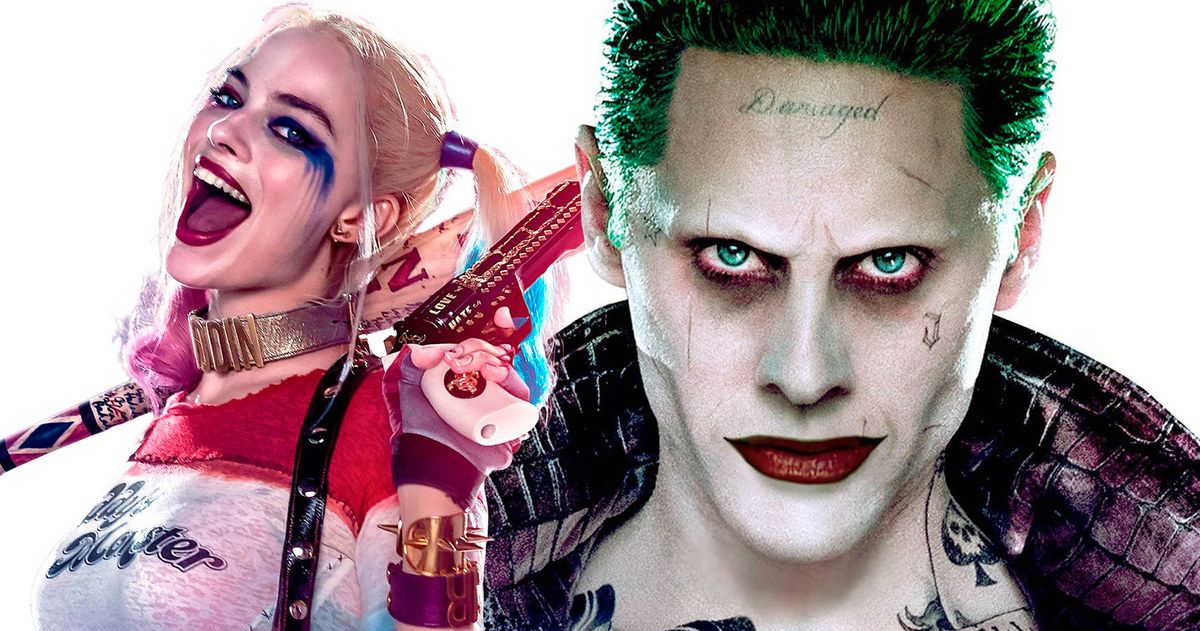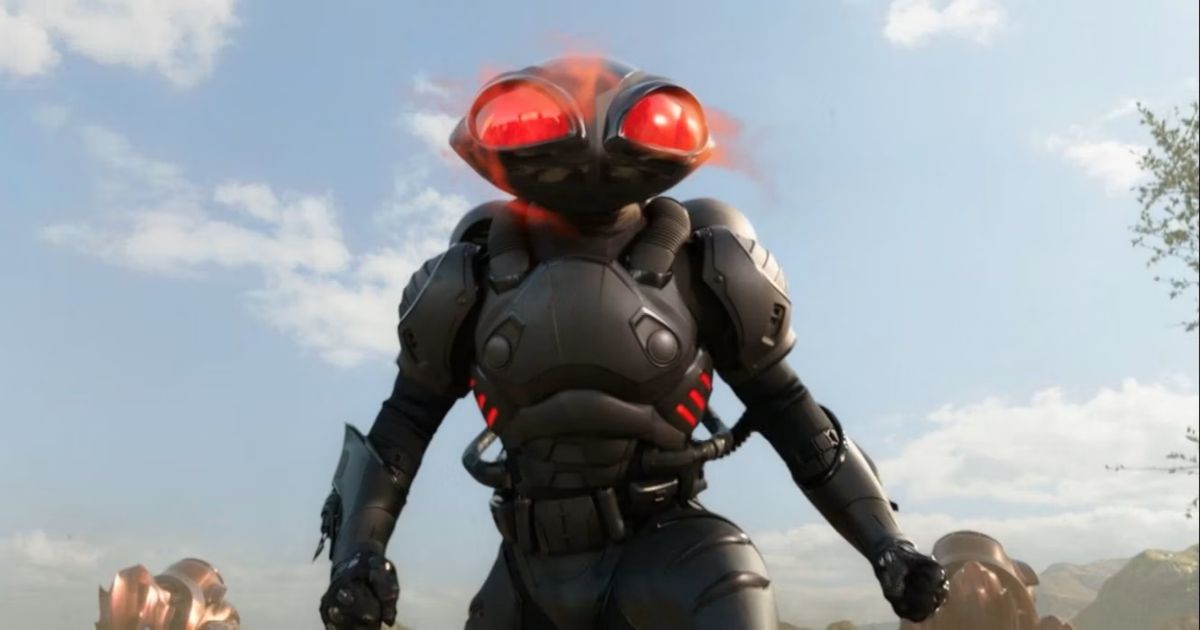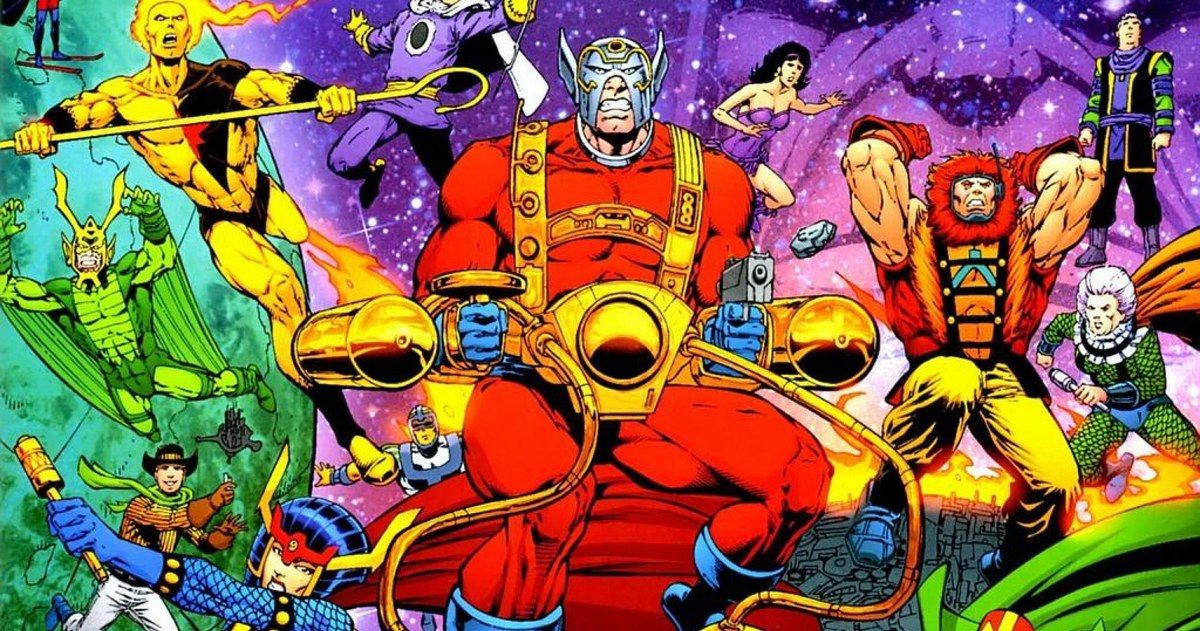Since releasing Man of Steel in 2013, the road for the DCEU has been a rocky one at best. The first three films were successful but endured a great amount of criticism, while later entries like Shazam!, Birds of Prey, and The Suicide Squad received far better reviews from critics but performed less at the box office, likely due to the damage the brand underwent due to the early films.
The future for the franchise remains uncertain, even if upcoming DC films like Black Adam, Shazam! Fury of the Gods and Aquaman and the Lost Kingdom are set for release. The Flash was reportedly set to be the franchise's big restart, however that film has undergone a lot of controversy due to the troubling headlines of star Ezra Miller. The merger to form Warner Bros. Discovery marks the third change in corporate leadership since the DCEU began and the studio owners likely have new plans very different from its predecessor.
The DCEU has announced and canceled as many projects as it has released. This comes in sharp contrast to their competitor, the MCU, who for the most part have made every project they announced with a few exceptions, like Inhumans and Runaways being reworked into television series. Some DCEU films were reworked, like how Man of Steel 2 quickly changed into Batman V Superman: Dawn of Justice. The Flash has undergone multiple changes behind the scenes, and Green Lantern Corp was originally planned as a film but has since been reworked into an HBO Max series.
The history of the DCEU is filled with announcements and cancelations, some quietly and some very notable. There are still several DCEU projects with Zatanna, Hourman, Static, and Blue Beetle that have as likely a chance of getting canceled as they do seeing the light of day. It becomes a wonder how the franchise would have looked if these projects went through in development.
Batgirl, Wonder Twins, and HBO Max Cancellations
Wonder Twins was certainly a bizarre pick when it was first announced, but early in 2022 it was confirmed that Warner Bros. was adapting it into a movie for HBO Max as part of the studio's attempt to expand the universe on a smaller scale with cheaper HBO Max original films. The film was set to be directed by Adam Sztykiel, who is one of the writers on Black Adam, possibly hinting that the film was set to expand on the corner of the DCEU that the film is introducing.
Wonder Twins was announced in February, and by April of that year, KJ Apa and Isabel May were cast in the lead roles of Zan and Jayna, respectively. Just one month later the film was canceled by Warner Bros. only two months before cameras were set to start rolling in July. The film was the first of many to fall victim to the merger between Warner Bros. and Discovery. Discovery CEO David Zaslav, who is now in charge of Warner Bros. Discovery, felt that the film's estimated $75 million-plus budget would not bolster enough of a return as a straight-to-streaming release and wanted to refocus DC films to being a big theatrical experience less focused on niche titles. Wonder Twins would be a warning sign for what would eventually happen to Batgirl.
The most recent and the most high profile cancellation, Batgirl had been cast and had concluded filming in March 2022. The film had cast Leslie Grace as the title role, featured Brendan Fraser as the main villain Firefly, and was set to be directed by Adil El Arbi and Bilall Fallah hot off the success of Bad Boys For Life and two episodes of the hit MCU Disney+ series Ms. Marvel. The movie had been promoted at DC FanDome in 2021, and with the return of Michael Keaton as Batman, the movie was set after the events of The Flash.
Warner Bros. had spent up to $90 million on the film and was set to expand the DCEU with smaller-scale films on HBO Max. On August 2, 2022, Warner Bros. Discovery canceled Batgirl entirely, choosing not to release it on HBO Max or in theaters, and instead will make the film a tax write-off to recoup the budget, as they deemed the movie too small for theaters but too expensive for streaming. Because of this, Batgirl was canceled and will remain one of the great unseen superhero movies. This was hardly the only upsetting cancellation regarding Warner Bros. Discovery and HBO Max.
Ben Affleck's Batman and the Future of Justice League
Warner Bros. bet big on Zack Snyder and his version of the DCEU, as they announced Justice League as a two-part film, with the first entry set for release on November 17, 2017, and part two for June 14, 2019. They also planned a third Justice League film but no date was ever set.
The sequel would have seen Lex Luthor assemble The Legion of Doom, a team of villains from various DC films like Doctor Poison (Wonder Woman), Captain Cold (The Flash), and both Black Manta and Ocean Master (Aquaman) while also recruiting the Riddler to solve the Anti-Life equation. The film would have ended with Riddler solving it, Darkseid arriving, killing Lex Luthor, corrupting Superman, and setting the stage for the third film which would take place in the dark future Batman saw in Batman V Superman: Dawn of Justice.
Another subplot would have been a romance between Lois Lane and Bruce Wayne, who were meant to be a couple after Superman's death in the first Justice League. Later, it would be revealed that Lois Lane was pregnant not with Clark's child, but with Bruce Wayne's. The third film would end with a massive battle pitting the forces of Earth against Darkseid's army. Batman would die in the battle, and the film would end with his and Lois Lane's son (who Clark has adopted and raised as his own) growing up to become the new Batman.
After the poor reaction to Batman V Superman: Dawn of Justice, Justice League underwent major changes behind the scenes before cameras started rolling, and the studio scrapped the planned two-parter and instead put the focus on one film, with the hope that if the film was a hit they could make sequels out of it. Justice League underwent more reshoots when Zack Snyder departed the project and was replaced by Joss Whedon, and the film underperformed at the box office. Hints of Snyder's planned trilogy can be seen in the released cut of Zack Snyder's Justice League, which teased where the film series could have gone. Snyder had big plans for Justice League, especially regarding Ben Affleck's Batman.
When Ben Affleck signed on for the role of Batman in Batman V Superman: Dawn of Justice, he also was set to play Batman for years to come in various DC films, including a new solo Batman film that he would direct. It was something Warner Bros. greatly wanted, as Affleck had directed the Academy Award-winning film Argo and getting him onboard a Batman movie was a high priority. Affleck was set to co-write the script with DC Comics writers Geoff Johns.
The film was supposedly set to draw inspiration from Grant Morrisons' Arkham Asylum: A Serious House on Serious Earth, Knightfall, and the Batman Arkham video games. The film would have featured Deathstroke staging a breakout at Arkham Asylum. Deathstroke was reportedly set to kill a major Batman supporting player, and it would have been a team-up movie with Batman training Batgirl, an indicator that Warner Bros. and DC wanted to bring Batgirl into the DCEU even early on.
After Affleck stepped down as director, Matt Reeves signed on to direct the film in 2017. While the original intent was for Affleck to star as Batman, the actor eventually left the project due to personal reasons and Reeves was allowed to rework the project with a new cast and sever ties to the DCEU. Matt Reeves' The Batman was eventually released and set in its own universe, one separate from the DCEU. Meanwhile, the DCEU continued to cancel a whole host of movies with villains that were set to involved with Justice League and Affleck's Batman.
Cyborg and Deathstroke Movies
In 2014 Warner Bros. announced a slate of DC films focused on the various Justice League members like The Flash, Aquaman, Wonder Woman, and Cyborg. Cyborg was given a release date of April 3, 2020, meaning it was six years out from the announcement. Despite all that time, the film failed to make its release date (although it would have had to be delayed due to the COVID-19 pandemic).
In 2020, Cyborg actor Ray Fisher accused Joss Whedon and Geoff Johns of abusive and unprofessional behavior while filming the reshoots of Justice League. He called President of DC Films Walter Hamada an enabler, and vowed to never work with Warner Bros. or DC Films as long as Hamada was with the company. Fisher was set to return as Cyborg in The Flash but due to Hamada's involvement was written out of the film. Fisher has said that he would only return for a Cyborg movie if it was directed by Zack Snyder or Rick Famiyuwa (one of the original directors for The Flash). Walter Hamada and Geoff Johns still seem to be heavily involved in the DCEU, meaning audiences won't see Fisher as Cyborg anytime soon.
Cyborg is hardly the only DC villain we won't be seeing on the big screen. Warner Bros. seemed to have big plans for the villain Deathstroke. In September 2016, Affleck teased a video with Deathstroke actor Joe Manganiello, who was set to appear as the character. The villain would appear in Justice League, setting up Ben Affleck's solo Batman film. Meanwhile, a small-scale Deathstroke film was greenlit by Warner Bros. with The Raid director Gareth Evans set to helm the film.
The movie was set to focus on Deathstroke's origin and would include supporting characters like Wintergreen, Deathstroke's wife Adeline Kane, and even Talia Al Ghul as part of the story and would have been a prequel to Affleck's Batman movie. While the studio was impressed by Evans and Manganiello's pitch, the film was one of the victims of the change in leadership at Warner Bros. and DC Films following the release of Justice League and the acquisition of the studio by AT&T.
During those deals, Warner Bros. made multiple attempts at spinning off Joker and Harley Quinn due to their popularity. The first was in 2016, titled Gotham City Sirens, which would have seen Harley Quinn team up with Poison Ivy and Catwoman. Suicide Squad director David Ayer was set to return to direct the film, but the project was put on hold in favor of another Harley Quinn-led team-up film, Birds of Prey.
DC Villains: Joker and Black Manta Movies
Then in 2017, Warner Bros. began developing a film titled Joker vs Harley Quinn, which would be written and directed by Crazy Stupid Love directors Glenn Ficarra and John Requa. The project would have explored the toxic relationship between the two characters but was scrapped in 2019, again likely due to Birds of Prey (and their cover of the character's breakup at the beginning of the film).
In 2018, it was announced that Warner Bros. was developing a solo Joker film with Jared Leto reprising his role at the same time as Todd Phillips' Joker was in development with Joaquin Phoenix in the lead role. The Leto project was officially scrapped in 2019, the same year Joker was set to hit theaters; Phillips' film, unrelated to the DCEU, went on to gross $1 billion at the worldwide box office and will get a sequel featuring Harley Quinn played by Lady Gaga.
In 2019, just three months after Aquaman opened in theaters and went on to gross $1 billion at the worldwide box office, Warner Bros. announced that James Wan was developing a spin-off film titled The Trench, and it would be a horror movie focused on the monstrous villains from the comics who were seen in the first film. The movie was reportedly set to be released before Aquaman and the Lost Kingdom, as it would later be revealed to be a Black Manta film, likely setting up that character's role in the upcoming Aquaman sequel. The film was officially canceled in April 2021, when it was confirmed as a Black Manta film.
New Gods and Where the DCEU is Going
Around the release of A Wrinkle in Time in 2018, its filmmaker Ava DuVernay signed on to direct The New Gods for Warner Bros. based on the popular and iconic comic series created by Jack Kirby. In 2019, comic book writer Tom King, who received critical acclaim for his work on the New Gods comic Mr. Miracle, signed on to co-write the script. The film would have seen Darkseid as the main villain and would have featured the Female Furies, Big Barda, Mr. Miracle, Granny Goodness, and High Father. The film was eventually scrapped in April 2021, after Darkseid appeared in Zack Snyder's Justice League, with the studio wanting time before the character appeared again.
Warner Bros. passed on letting an acclaimed female director adapt a Jack Kirby comic from the '70s that was focused on a complex alien civilization. To add insult to injuries, later that year Marvel Studios released Eternals, which was from another critically acclaimed female director, also based on a '70s comic created by Jack Kirby, and also focused on a complex alien civilization. Marvel's movie made over $400 million, while the DCEU faltered again.
It's clear that there's been a variety of major issues plaguing the DCEU over the past five years, from shake-ups at Warner Bros. and allegations of abuse, to budget cuts and just plain poor decision-making. Between the Amber Heard difficulties with Aquaman and the Lost Kingdom, Ezra Miller's issues with The Flash, and DC League of Super-Pets seeming to be, for all intents and purposes, a big disappointment at best and a box office bomb at worst, it seems like 2022 was not 'the year of the DCEU' that many had hoped. Where it goes from here is uncertain, but hopefully the DCEU doesn't become the Discontinued and Canceled Extended Universe.

